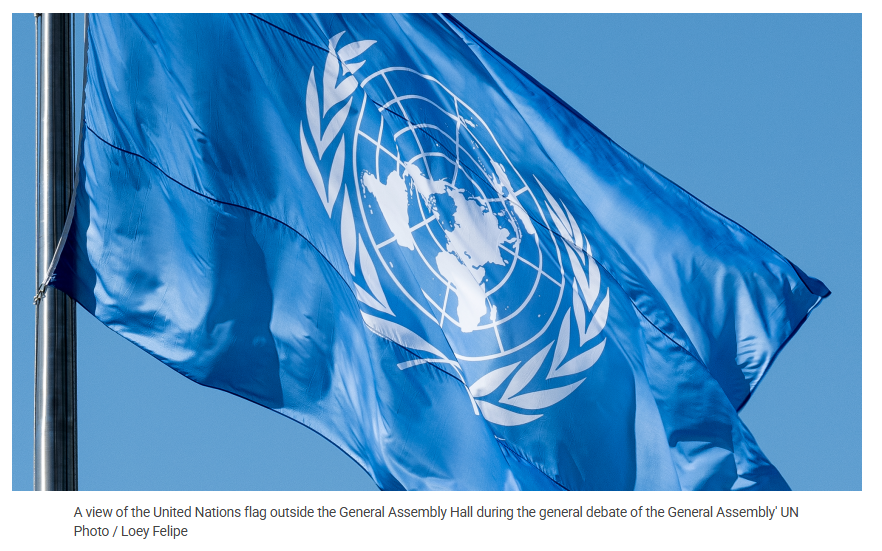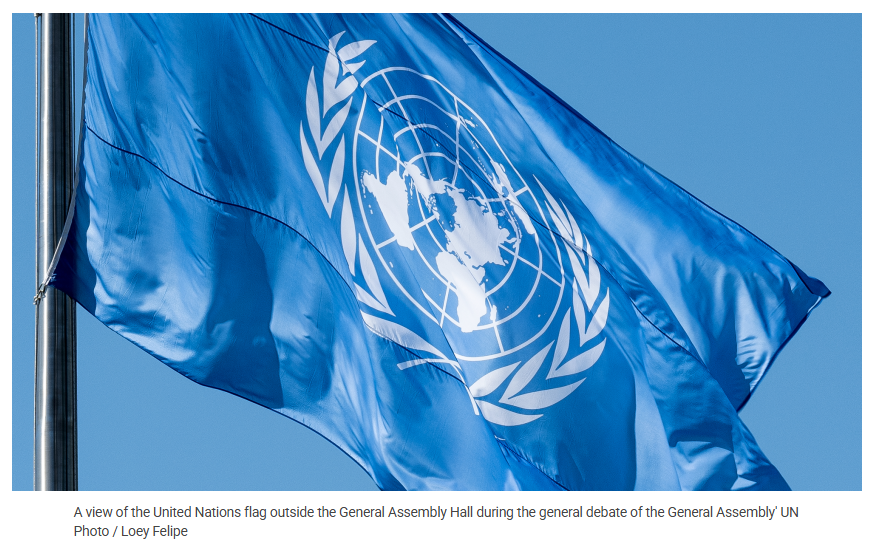2025: A Year of Action at the United Nations – A Look Ahead at Key Events

The year 2025 marks a significant milestone for the United Nations, its 80th anniversary. This anniversary will not be a mere commemoration; instead, it serves as a springboard for renewed commitment to its core mandates and a critical juncture for global cooperation on pressing issues. The UN's 2025 calendar promises a year packed with events focused on achieving the Sustainable Development Goals (SDGs), mobilizing climate action, upholding human rights, strengthening peace and security, responding to crises and conflicts, and ultimately, making a compelling case for multilateralism in an increasingly fragmented world.
By Edward William

While a detailed, date-specific calendar is yet to be officially released by the UN, we can anticipate a series of high-profile events based on the organization's declared priorities:
Sustainable Development Goals (SDGs): 2025 will be a critical mid-point review year for the SDGs, adopted in 2015 with a 2030 deadline. Expect numerous high-level meetings, forums, and reports assessing progress, identifying gaps, and strategizing for accelerated action across all 17 goals. These events will likely feature prominent figures from governments, civil society, the private sector, and academia, emphasizing the need for integrated approaches and collaborative partnerships. The focus will likely be on those goals lagging behind schedule, requiring urgent attention and innovative solutions.
Mobilizing Climate Action: The urgency of climate change demands continued and intensified action. 2025 will see further negotiations under the UN Framework Convention on Climate Change (UNFCCC), building upon previous commitments and striving for more ambitious targets. Events will likely focus on concrete measures for emissions reduction, adaptation strategies, climate finance, and technology transfer. Expect increased scrutiny on commitments made by nations and a push for greater transparency and accountability. The interconnectedness of climate change with other SDGs, such as poverty eradication and food security, will also be a prominent theme.
Human Rights: The UN's commitment to human rights remains fundamental. 2025 will likely feature events focused on the protection of vulnerable groups, addressing discrimination and inequality, and promoting human rights education. Specific events may revolve around promoting gender equality, combating racism, protecting the rights of children and refugees, and advancing the rights of persons with disabilities. Expect strong advocacy from UN human rights mechanisms and civil society organizations.
Peace and Security & Responding to Crisis and Conflict: Maintaining international peace and security, and responding effectively to crises and conflicts are core UN functions. 2025 will see ongoing efforts to address ongoing conflicts, prevent new ones, and strengthen peacekeeping operations. Expect discussions on conflict resolution strategies, peacebuilding initiatives, humanitarian aid, and the role of international law in maintaining global stability. The impact of climate change, resource scarcity, and migration on conflict dynamics will likely be explored.
Making the Case for Multilateral Cooperation – The UN at 80: The UN's 80th anniversary provides a critical opportunity to reaffirm the importance of multilateralism in addressing global challenges. Celebratory events will be combined with substantive discussions on strengthening the UN's institutional framework, enhancing its effectiveness, and adapting to the evolving geopolitical landscape. The focus will be on demonstrating the value of international cooperation and reinforcing the UN's role as a vital platform for dialogue and collective action.
While specific dates and locations are still forthcoming, the overarching themes for the UN's 2025 agenda are clear. The year promises to be a pivotal moment for global cooperation, demanding concerted action from all stakeholders to tackle the pressing challenges of our time and build a more sustainable and equitable future. Following official announcements from the UN will be crucial to staying abreast of the specific events and opportunities to participate.